Kenya’s telco giant Safaricom has raised the alarm over rising competition, identifying it as a growing strategic risk after its market share fell for a second consecutive quarter.
The telco’s market share dropped to 63.3 percent in the first quarter of 2025, down from 64.4 percent in the previous quarter.
This continued a downward trend that began in late 2024, when its share fell from 65.3% in December 2024 and 65.7% in September 2024.
In contrast, Airtel Kenya added nearly 3 million new subscribers in the same period, boosting its market share to a record-high 32.2% with a total of 24.53 million subscriptions.
In its latest disclosure, Safaricom highlighted market disruption and competition as one of its top 10 strategic risks, underscoring growing pressure from competitors in a fast-evolving telecoms landscape.
Safaricom says monitoring and review of risks is a key part of its risk management framework.
The process involves continuous assessment of the risk environment, with clearly defined responsibilities and a structured monitoring regime.
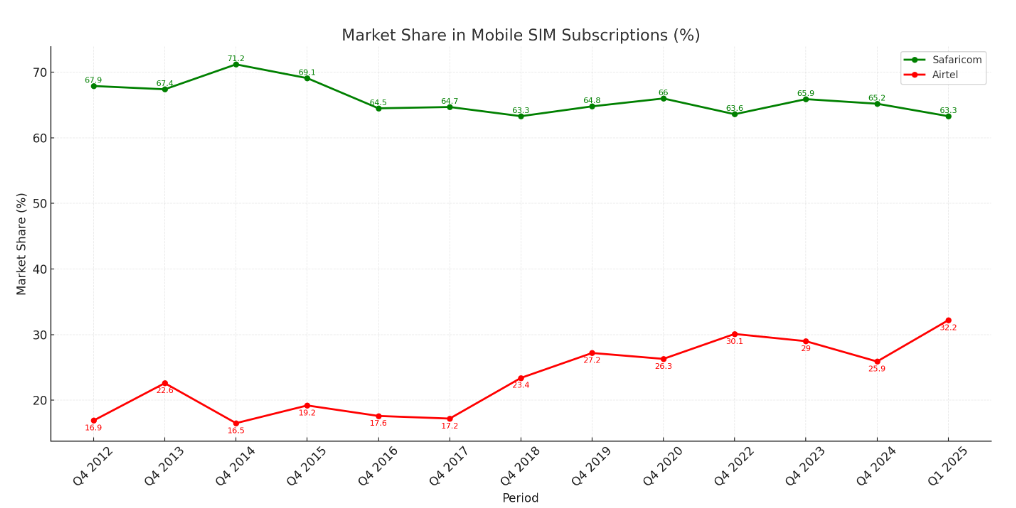
“Our monitoring process ensures that appropriate and timely corrective measures are taken and that weaknesses in processes are addressed,” the company stated. This includes regular updates of risk registers based on Key Risk Indicators (KRIs), which help the company respond to threats at an early stage.
Safaricom said KRIs guide the organisation in assessing whether risk mitigation measures are achieving their intended outcomes and whether the procedures and data used in decision-making are appropriate.
Additionally, the company noted that KRIs help determine if better knowledge could have led to improved decisions, while also ensuring that lessons are captured to strengthen future risk management efforts.
Also Read: Safaricom Reports Ksh69.8 Billion Profit Ahead of 2025 AGM
Safaricom has outlined its top 10 risks, painting a picture of the challenges the company is closely monitoring across its operations.
At the top of the list is economic, market, and forex risk, which remained steady but continues to pose a major strategic concern.
Regulatory risk also held firm, reflecting ongoing scrutiny from industry regulators.
However, market disruption and rising competition—particularly from rivals like Airtel—has become more pronounced, with this risk increasing over the past year.
Also Read: Safaricom Ethiopia Hits 10 Million Milestone in Four Years
On the operational front, there was some relief, as cyber threats, data privacy, and reputational risks eased slightly.
At the same time, supply chain disruptions worsened, pointing to global and regional challenges. Interestingly, fraud and social engineering incidents dropped, but money laundering and terror financing risks remained unchanged.
Litigation exposure also declined, while health and safety risks stayed the same. The final concern, general insecurity and terrorism, showed a downward trend, though it remains an area of concern.
Follow our WhatsApp Channel and X Account for real-time news updates.
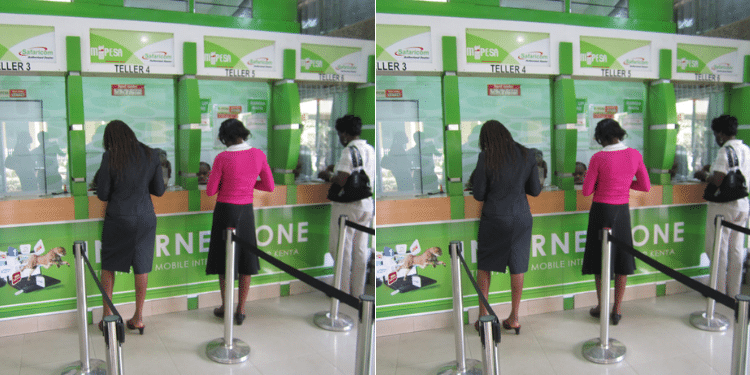



![[Live Blog] Raila’s Body Arrives At Mamboleo Grounds A Photo Of Aircraft Carrying The Body Of Raila Landing At Mamboleo Grounds.](https://thekenyatimescdn-ese7d3e7ghdnbfa9.z01.azurefd.net/prodimages/uploads/2025/10/a-photo-of-aircraft-carrying-the-body-of-raila-landing-at-mamboleo-grounds.-photocitizen-360x180.png)












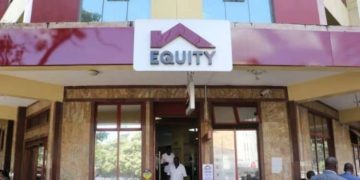




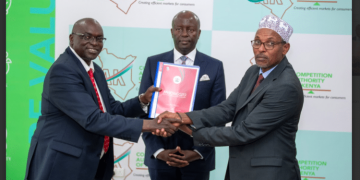
















































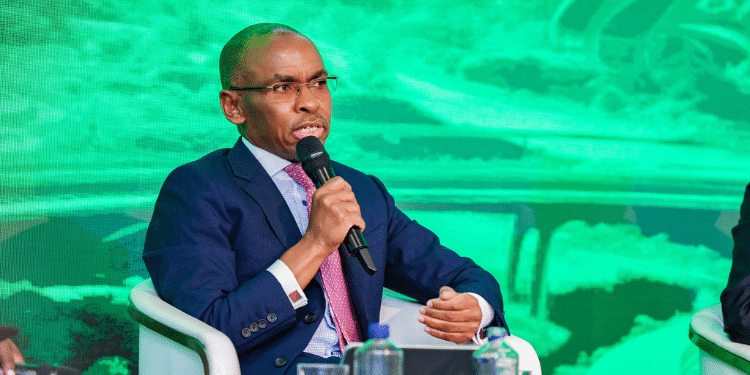


![[Live Blog] Raila’s Body Arrives At Mamboleo Grounds A Photo Of Aircraft Carrying The Body Of Raila Landing At Mamboleo Grounds.](https://thekenyatimescdn-ese7d3e7ghdnbfa9.z01.azurefd.net/prodimages/uploads/2025/10/a-photo-of-aircraft-carrying-the-body-of-raila-landing-at-mamboleo-grounds.-photocitizen-120x86.png)
